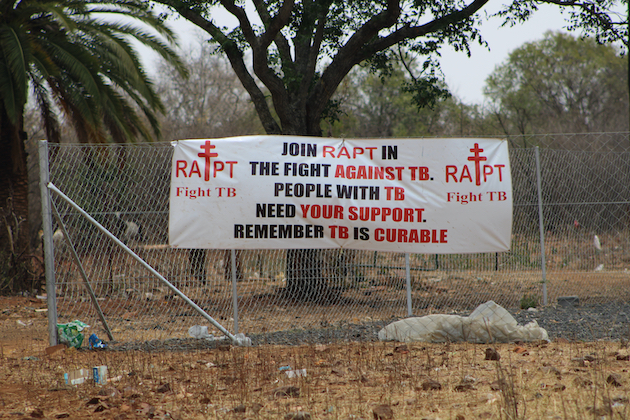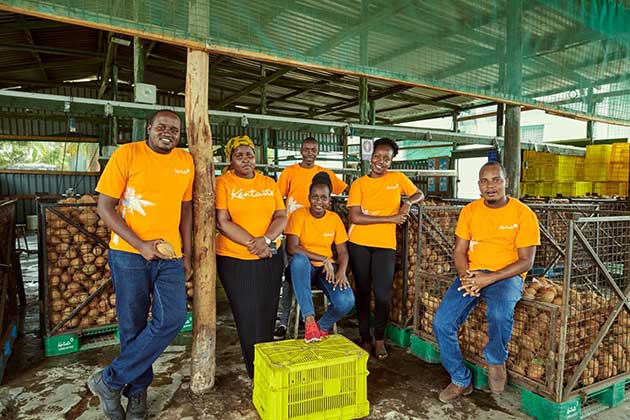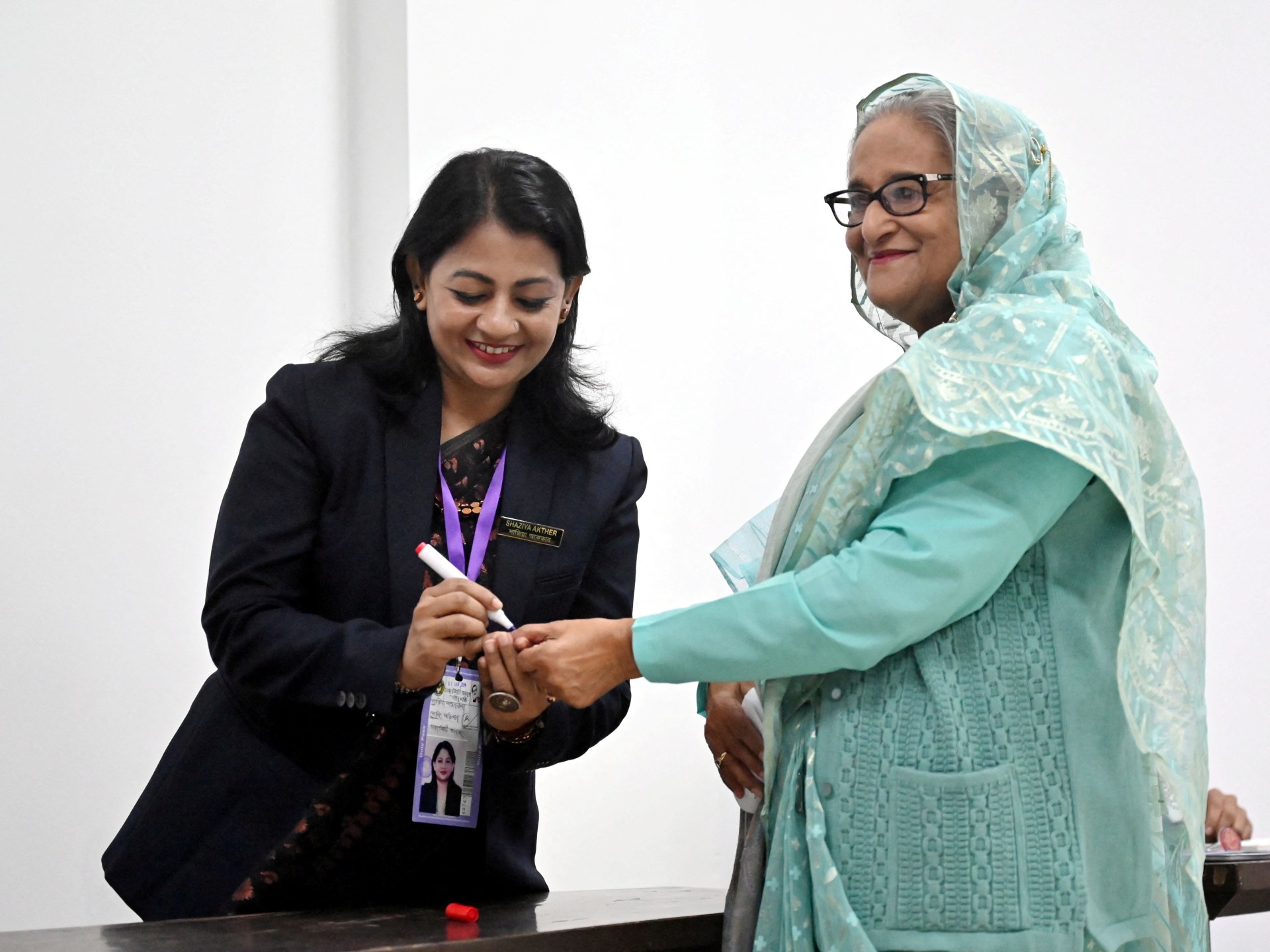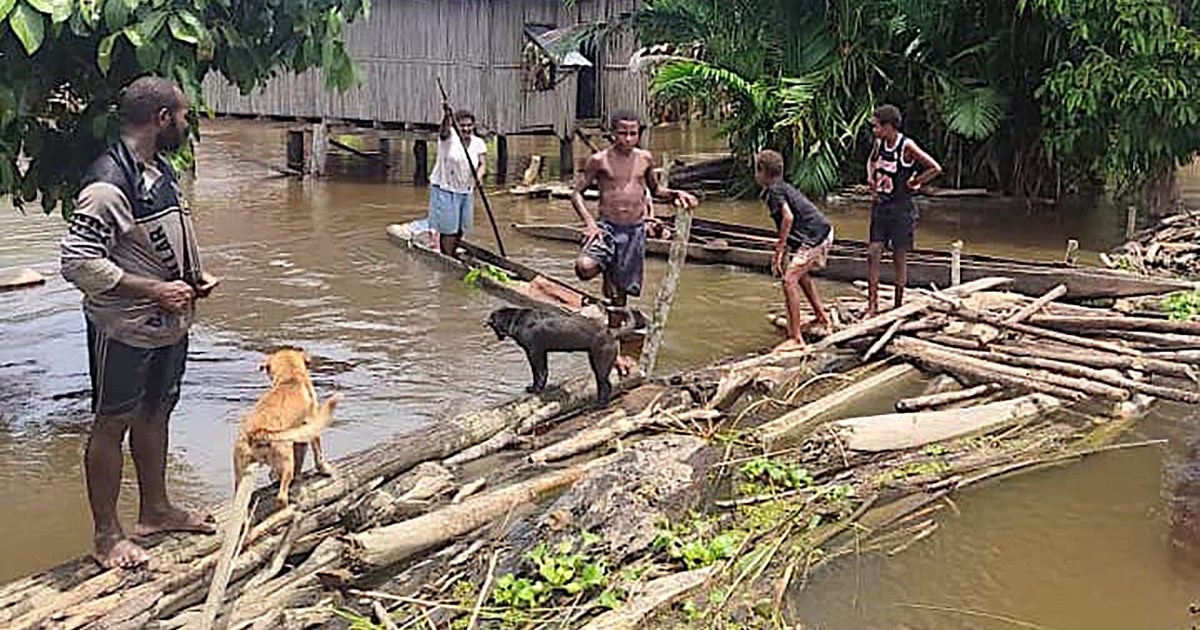A Disease of the Poor Begs For Rich Funding — Global Issues
BULAWAYO, Jul 03 (IPS) – The United Nations General Assembly is convening a high-level meeting on Tuberculosis (TB) to get a political commitment for increased funding for programmes and research to end an old disease that today kills more people than AIDS and COVID.
TB, an infectious disease caused by Mycobacterium tuberculosis, kills 1.5 million people annually, according to the World Health Organization (WHO). Despite being curable at a relatively low cost, TB has remained a health burden, especially in developing countries, because of a combination of poor diagnosis and treatment and inadequate funding for research in developing new vaccines.
A coalition of TB organizations is calling on political leaders to raise their commitments to funding and ending TB. They call for a TB research and development funding boost to USD5 billion annually and ensure all national TB responses are equitable, inclusive, gender-sensitive, rights-based and people-centred.
In 2018, at the UN high-level meeting on TB, nations pledged to invest USD2 billion for TB research and USD13 billion annually for TB diagnostics, treatment and care by 2022. However, these commitments have not been met five years on.
Stronger political commitment to end TB is key, says Mel Spigelman, CEO of the TB Alliance, a nonprofit organization dedicated to finding faster-acting and affordable drug regimens to fight TB.
Excerpts:
IPS: While the world has swiftly responded to global crises such as AIDS and, recently, the COVID pandemic, TB has remained sidelined. Shouldn’t it trigger political action?
Mel SpigeIman: One of the major issues with TB is it is very heavily a disease of the poor, and that is just the reality in terms of political will. Governments have become complacent about TB, which has been around for so long and kills more people than any other infectious disease.
IPS: What needs to be done to bring TB to global attention? Should we have a TB pandemic in America and Europe to take action?
MS: We need to continue what we have been doing in terms of raising awareness at the United Nations, for instance, with the preparations for a high-level meeting on TB. We need to ensure we bring TB to the front and centre of attention of the political forces and powers.
IPS: The issue of a stronger commitment to ending TB, where do we start?
MS: We need to start obviously on a global level raising the prominence and feasibility of ending TB and highlighting the difficulties that exist around the world with TB. We need to engage with high-income countries in what they can do in terms of financial resources and with low- and middle-income countries in terms of access to care in the healthcare system and participation in research and trials. Clinical trials are all done in relatively poor countries where we need to ensure that we are not only getting the commitment from a small number of countries around the world, which is really the situation now but from all the countries around the world. TB affects every single country in the world.
IPS: When we talk about high-level commitment, there is a question of putting money into programmes and research. Is this happening?
MS: Commitment means bringing in the money but also the issue of the status of the programmes within countries. We at TB Alliance, for example, have introduced a new regimen for Drug Resistance TB. It is a three-drug regimen called BPaL. This treatment has brought down the time it takes to cure drug-resistant TB from 18 months to 6 months while, at the same time, it has increased the cure rate up to 90 percent on all oral drugs. The treatment was first approved in the U.S. back in 2019 and in Europe in 2020. It is only this year that we are beginning to see significantly more uptake in the countries that have a problem.
IPS: Why has it taken so long for global uptake of the lifesaving drugs for TB?
MS: It is because we live in a world where innovations like this are uncommon and in countries where there are really a lot of intermediary steps which could be shortened considerably with the proper attention. This is where even the poorest countries could also play a major role by looking at the regulatory systems and health care structure on adopting new innovative treatments. It is the same with diagnostics. There are new diagnostics brought into the field that have not been taken up.
IPS: What kind of financial gap are we talking about for TB programmes and research?
MS: If we work at numbers that are coming out of the STOP TB Partnership and the World Health Organization and others, we are looking at a USD2.5 to USD3 billion a year shortfall.
IPS: The high-level Meeting on TB is coming up in September. Will you garner the political will and greater commitment towards funding for TB at this meeting?
MS: Am I convinced? No. Is it worth it? Yes, because it is certainly possible that it brings about what we are hoping for. Watching the number of people working tirelessly to increase the chances of this meeting raising the commitments (needed) indicates it will be successful.
IPS: Many developing countries are also high TB burden spots where costs for diagnosis and treatment are high. Will the high-level meeting unlock funds, especially for Africa?
MS: The Global Fund plays a major role in ensuring that countries do not need to pay, and so there are other commitments to the Global Fund that are made by the wealthier countries, and that commitment then pays for LMIC countries’ adoption and use of drugs. Clearly, any innovation has to be affordable, and that is of great importance to us.
The new treatment we developed for DR-TB is cheaper than the old one. The new treatment and diagnostics do not necessarily have to be more expensive; they can actually save money. That is the reason why we need – on a global level – to invest in innovation because innovation, in the end, actually saves money.
IPS UN Bureau Report
Follow @IPSNewsUNBureau
Follow IPS News UN Bureau on Instagram
© Inter Press Service (2023) — All Rights ReservedOriginal source: Inter Press Service
Check out our Latest News and Follow us at Facebook
Original Source






